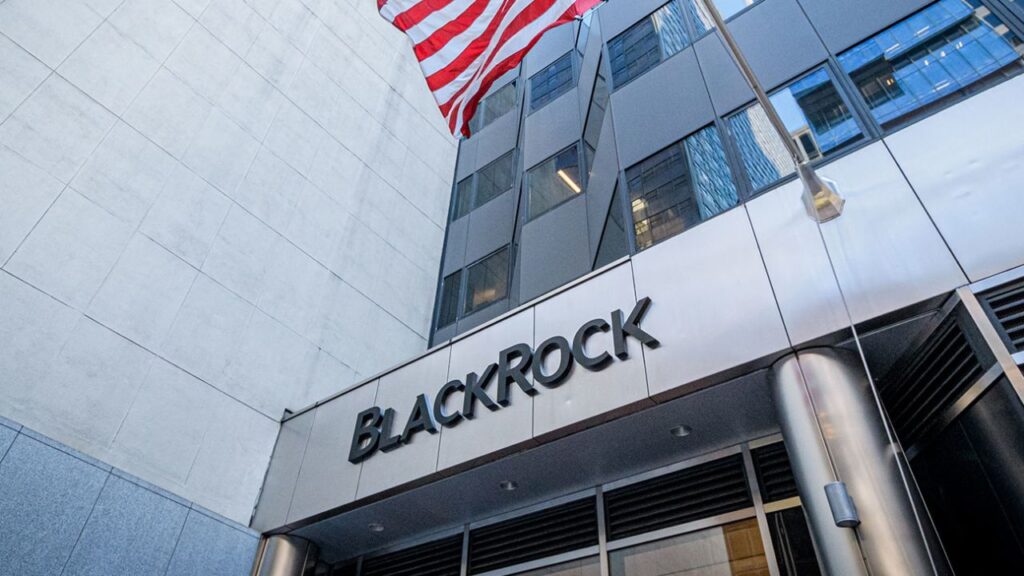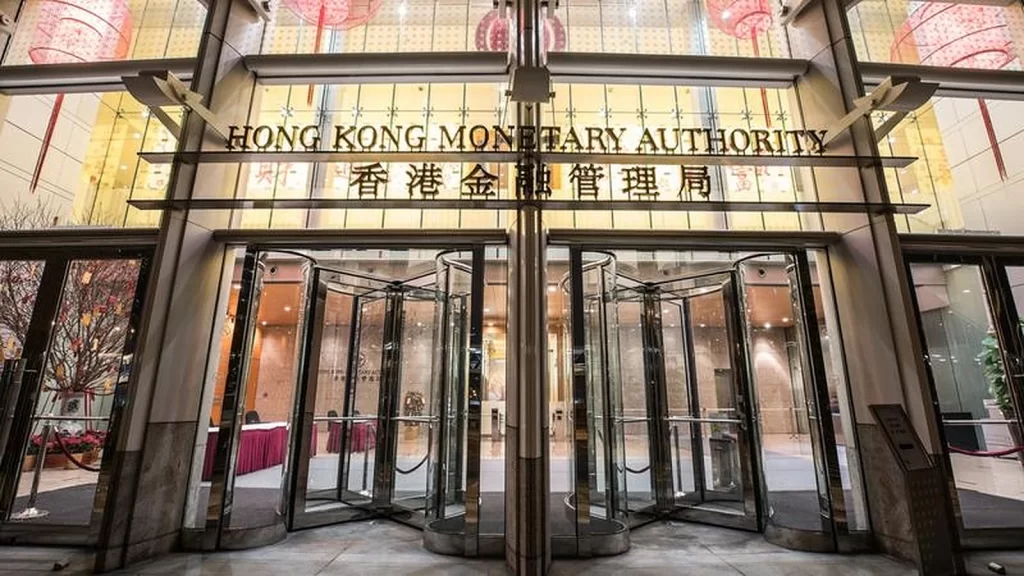Nike, the renowned footwear and apparel giant, has hinted at the possibility of releasing a collection of sneaker nonfungible tokens (NFTs) within the popular online game Fortnite, developed by Epic Games.
This move could potentially open up a significant opportunity for the adoption of Web3 technology among traditional gamers. Fortnite boasts an impressive user base, with over 242.9 million active players in the last 30 days, according to Active Player data.
On June 16, Nike made an announcement on its social media platforms, revealing that the “ultimate Sneakerhunt” would commence on June 20. Accompanying this announcement was a brief video featuring the prominent Air Max logos of both Fortnite and Nike against a backdrop of floating clouds in the sky. The video also showcased the name of the sneaker hunt, “Airphoria,” and presented Nike’s Web3 platform logo, .Swoosh, alongside the Unreal Engine logo of Epic Games.
Although details are scarce at this point, members of the NFT community speculate that Nike may have developed an NFT-related game using Fortnite Creative 2.0. This new feature allows users to create their virtual island game maps utilizing Fortnite assets.
A Twitter user noted that Nike had previously created a game on ROBLOX, but it did not involve NFTs. Therefore, the integration of .Swoosh in Airphoria suggests a potential NFT connection. Furthermore, Epic Games has shown a favorable stance toward NFT gaming.
Nike’s NFT division has been actively working to establish a presence in the traditional gaming space. On June 1, .Swoosh announced its intention to integrate NFTs into games developed by EA Sports, the company responsible for the immensely popular Fifa soccer game franchise and other titles. However, the specific EA Sports games that will incorporate Nike NFTs have yet to be confirmed.
The upcoming Airphoria sneaker hunt in Fortnite showcases Nike’s ongoing efforts to embrace Web3 and explore the possibilities of NFTs in the gaming industry. By leveraging the massive player base of Fortnite, Nike aims to engage a wider audience and introduce them to the world of digital collectibles. As the partnership between Nike, Epic Games, and EA Sports continues to unfold, it will be intriguing to see how NFTs become integrated into the gaming experience, shaping the future of both industries.
Other Stories:
Tether responds to allegations about its reserves










